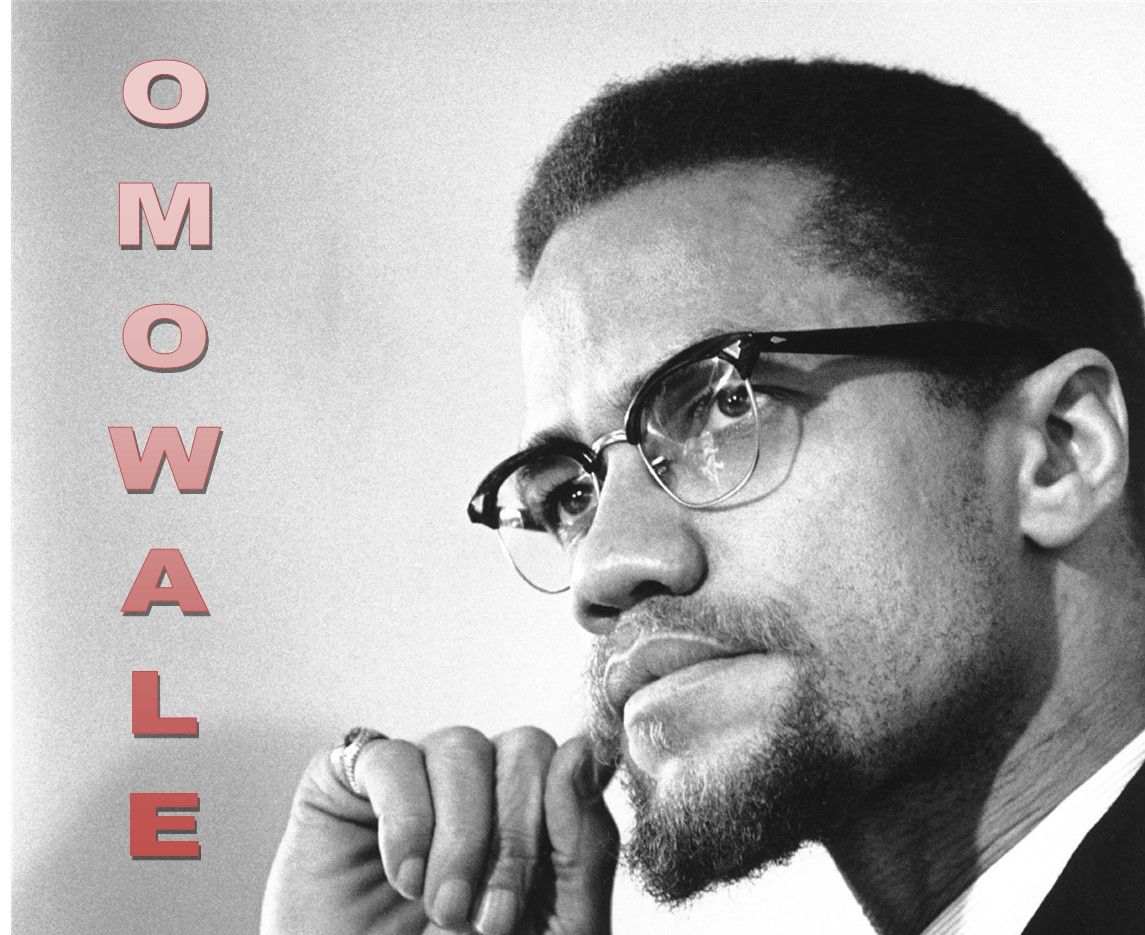When You Put a Seed In the Soil It Remains Beneath the Soil Until the Season Changes: What of Historic Cultural Reclamation?
- By kwende ukaidi
- •
- 12 Feb, 2025
- •
Remembering a Great Hero

In times of interruption and disruption, where Afrikan souls may be acutely set upon in destructive ways by others that mean the Afrikan ill, authentic cultural reclamation -creatively restored or otherwise – is key activity. In this, self-determined effort in appropriate levels of learning and development is crucial activity. If the Afrikan is at a deficit in self-knowingness and authentic cultured living then their existence and their expressions will surely reflect the deficit and shortcomings. Conversely, if the Afrikan is steeped in knowingness of themselves and lives their authentic way, then their lives will reflect the upright thrust for their optimality as this is what authentic cultural living naturally exists to do.
A contemporary mainstream source offers the following detail on cultural reclamation:
“Cultural reclamation refers to the process by which... communities reclaim and revitalise their cultural heritage, traditions, and identities that have been suppressed or marginalised due to colonisation and assimilation policies”.
At the shared level of oneness and in respect of a whole people, tremendous pioneering work has been done by the Us organ to establish the value system of the Nguzo Saba and the observance of Kwanzaa from which it comes. This means that Afrikan souls here, there or elsewhere have ready access to authentically Afrikan cultured living that has been creatively restored at a shared level that relates to Afrikan people in the Americas, in the Islands, in the UK, in Europe and elsewhere including the great continent of Afrikan itself. Such authentic cultural fabric does not negate the local traditions of Afrikan souls that may be regionally specific. Rather, it represents a harmonising factor that is indeed informed by the commonalities in tradition throughout the Afrikan world community in a synthesised way. This is truly a brilliant example of historic cultural reclamation.
Afrikan people throughout the Afrikan world community naturally hold a greater depth of commonality at their core level than they do difference. Yet, others that mean the Afrikan ill may seek to inject and exacerbate difference, division and even conflicts in the attempt to set Afrikans at perpetual odds against each other (directly or by proxy). Miseducation and other vices of ill can be employed to service such attempts.
With this, the Afrikan can do themselves a great service to safeguard themselves against self-destructive misuse. Here, the Afrikan surely ought not play the role of his or her: American coloniser or enslaver; British coloniser or enslaver; nor any other of their colonisers or enslavers. To do so may result in self-contempt, conflicts or worse in Afrikan life by proxy.
The great hero Omowale Malcolm X with his keen analysis and profound depth of insight warned Afrikan souls of the dire danger if his people were to succumb to identity and cultural abandonment when he stated that:
“There were two kinds of slaves, the house Negro and the field Negro. The house Negroes--they lived in the house with master”,
“He [- the house Negro -] identified himself with his master, more than his master identified with himself”.
With the advent of modern media vehicles and the like, opinions can be popularised that reflect such an affliction in stark ways here, there or elsewhere. Surely, Afrikan souls have a duty and responsibility to themselves to learn, develop and authentically cultivate to empower themselves at their core and rooted level as a whole people in realisation of their fullest flourishing and security. Even if one can pay respectful attention to authentic cultural artists that can help guide the self towards betterment from whatever locale they may express - that's a start! After all, civilisation is not of happenstance.
The Universal Royal Afrikan Nation (URAN) is an organ that is rooted in spiritual and cultural fabric for the imperative the mission of global Afrikan ascendancy. Throughout its annual observance calendar cycle URAN energises active knowingness in and from the core spirit levels of Afrikan beingness. To find out more about URAN and its spiritual-cultural mission for liberty and nationhood click here. The exquisite URAN pendant can be obtained online by clicking here.
In his capacity as an Afrikan-centred spiritual cultural practitioner this author is available for further learning in this regard and also for the carrying out of ceremonies such as naming and name reclamation. For details please click here.
Afrikan World Studies programmes are an important forms of study in understanding the Afrikan experience. There are a range of subjects covered on these programmes including History, Creative Production, Psychology and Religion. To find out more about these learning programmes please click here.
The important text: From Ajar to Omowale – The Spiritual & Garveyite Journey of Malcolm X by this author is available to purchase online here. The trailer for this important text can be found online here. This publication provides detail on the life and example of this great hero. You can also visit the establishment of Yemanja-O to pick up a copy.
At nominal cost, also consider acquisition of an a4 laminate poster of articulations by this author when visiting the Yemanja-O establishment to enrol, consult, learn, gather or otherwise.
Also, visit www.u-ran.org for links to Afrikan liberation Love radio programme on Universal Royal Afrikan Radio online.
